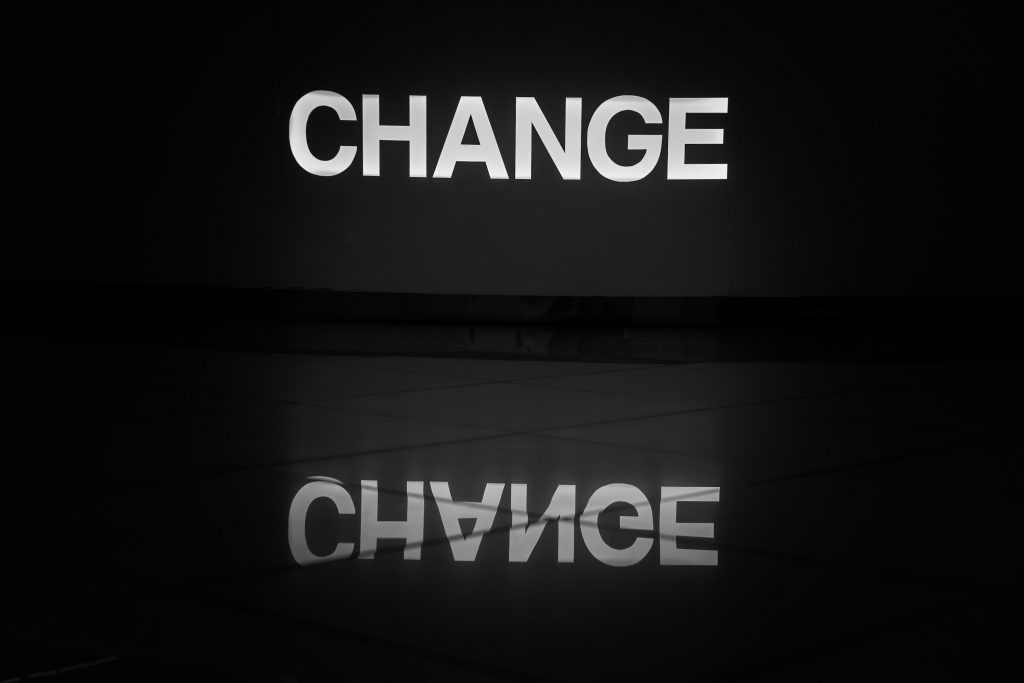I am quite certain that had I been born just a decade later I would have been, without hesitation, put on medication for my ADHD. I was the kid who bounced off the walls. Whose attention was…squirrel! What was I talking about? Oh yes, ADHD.

The reason I wasn’t diagnosed? Likely because when I was growing up, I didn’t have the distractions of a cell phone, personal computer, and social media with notifications to continually draw me in
There has been a significant correlation between the rise in technology and ADHD diagnosis. While ADHD is largely a genetic disposition (meaning environmental circumstances like technology can’t actually cause ADHD), regular use of technology often creates symptoms or at least interacts with genes in a manner that intensifies and exacerbates behaviors associated with ADHD.
Our brain is cued to pay attention to the most immediate thing. This is a survival mechanism handed down from our ancestors who had to be constantly on the lookout for predators and potential food. In fact, a recent study examining contemporary tribal groups found that members who displayed ADHD were better nourished than those without ADHD. In other words, this distractibility might actually have been selected for during human evolutionary development, conferring advantages to those nomadic tribesmen and women who foraged for food. Other studies indicate that the close genetic mapping of ADHD onto a particular allele that was positively selected throughout our evolution means that the behaviors associated with ADHD likely increased the reproductive fitness of the individual.
And yet, in most corners of modern society, ADHD is seen as an affliction.
“Instead of understanding that their ADHD can be a strength, [we] are often given the message that it is a flaw that must be solved through medication.”
—Dan Eisenberg
The ADHD disposition itself is not an affliction. It’s only outside of the lines we have recently drawn around modern societal “norms.” Perhaps it is our societal perspective that is the affliction.

As the environment has rapidly changed, our brains have not been able to keep pace. The advantages once realized by being quick to find food and escape predators now keep us locked into the immediate inundation of media. News used to come to us once a day. Now we have 50 channels all covering breaking news. Facebook/Snapchat/Twitter/Instagram/messaging/email—if you shut down for an hour, you’ve missed so much that it becomes nearly impossible to stay on top of the notifications.
No wonder we see ADHD diagnosis on the rise—our society demands it. Our attention is constantly being pulled in a hundred directions every minute.
I argue that ADHD may still be a positive adaptation in the face of our modern environment. A pre-adaptation, if you will, that is only plagued by the “affliction” label brought on by a brief time when our societal thinking and values shifted between nomadic societies (where ADHD conferred benefit) and the digital age (where I argue it once again aligns well with the environment to confer benefits).
 Our current educational model does no favors for critical/creative thinkers – or those who need to move! Source: PublicDomainPictures / Pixabay
Our current educational model does no favors for critical/creative thinkers – or those who need to move! Source: PublicDomainPictures / Pixabay
We are still trying to teach children by sitting them down and having them follow instructions and regurgitate information back to us—a model built from the industrial era. While this educational model might have been suitable when factories required workers to stand on the line and focus on single tasks for hours on end, this is not where our modern world has delivered us. For better or worse, given the current digital climate, if you aren’t distracted, you likely aren’t well adapted to fit in. Focusing on one thing for any period of time means you’re overriding your brain’s natural response of shifting attention directly to the most pressing issue of the moment. And there seem to be constantly pressing issues—ones to which those with ADHD are more capable of responding quickly when the unexpected occurs. And while parents and teachers might regularly become frustrated by a child who doesn’t fit the mold of what society has deemed “normal” behavior, research indicates that that child is likely going to be the one who breaks the mold of the convention to bring forth new creative ideas.
So should we be concerned with the rise of ADHD? I think the better question might be should we be concerned with the environment that demands us to limit our focus and respond immediately to notifications and drives our attention to continuous distraction? The answer should probably be given by someone who has greater focus than I do. I have to get back to my blinking notifications.








